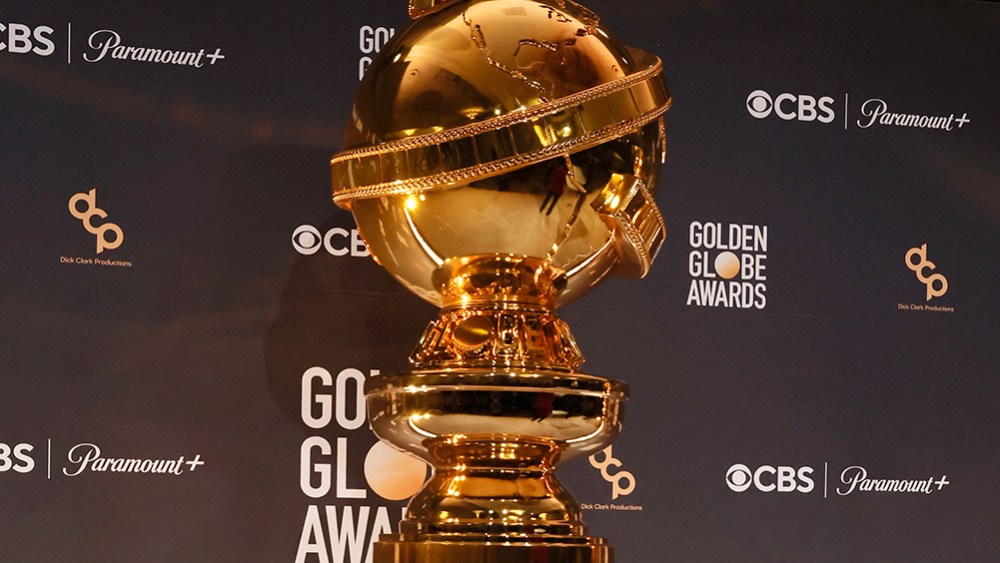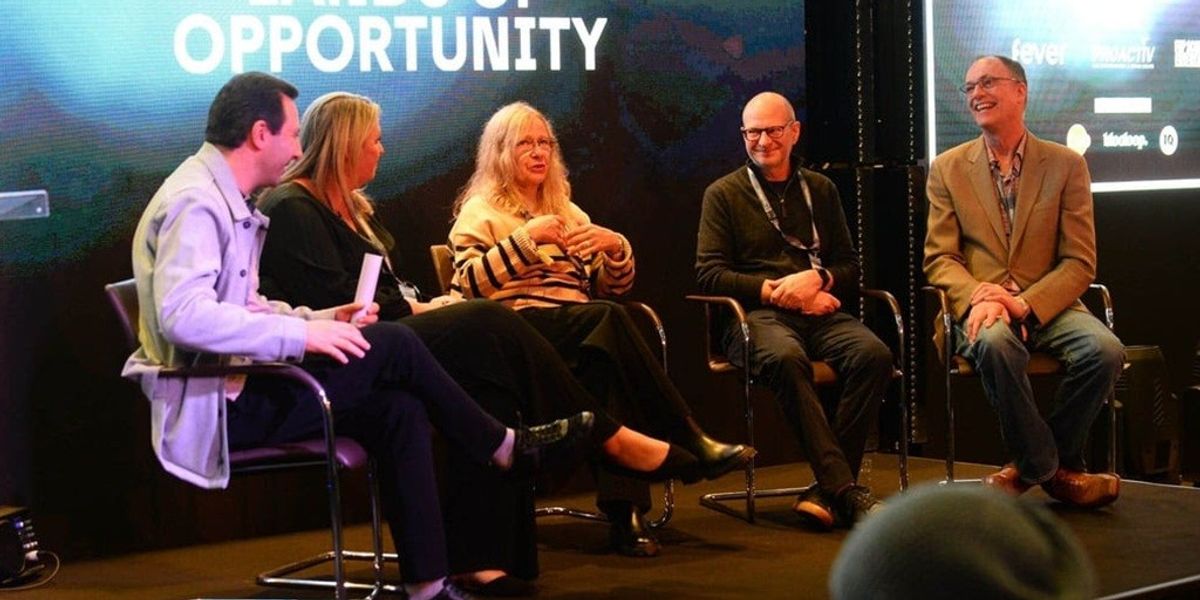Petra Marcinko, who turned 20 last Thursday, can celebrate her birthday with a number of excellent gifts.
The Croatian lifted her second straight ITF trophy on Emirati soil at last week’s Dubai W100, extending her winning…

Petra Marcinko, who turned 20 last Thursday, can celebrate her birthday with a number of excellent gifts.
The Croatian lifted her second straight ITF trophy on Emirati soil at last week’s Dubai W100, extending her winning…

Space telescopes are facing increasing difficulties in realizing accurate, unpolluted images of the cosmos due to the growing number of internet satellites in low Earth orbit (LEO). The problem is so severe that only 60% of Hubble’s imagery may…

Awards season is upon us, as the nominees for the 83rd annual Golden Globes will be revealed on the morning of Monday, Dec. 8. All 28 categories will be announced at 8:15 a.m. ET/5:15 a.m. PT on CBSNews.com. 11 exclusive film and TV categories…

50
Steven Soderbergh’s spy thriller sends two married agents – Cate Blanchett and Michael Fassbender – after a mole, who might turn out to be one of them. Read the full review.
49

England’s head coach, Brendon…

The new extended programme has been met with excitement across the community of live immersive and interactive creators. However, not all changes to the event have gone to plan, and the event team was forced to change the…

“Five Nights at Freddy’s” has powered up the box office once again. The sequel opened in 3,412 theaters in the U.S. and Canada this weekend and far surpassed expectations with $63 million in ticket sales, according to studio estimates…


This assessment is based on the 16 capacities included in the template to be used by countries when providing information on their prevention, preparedness and response planning in accordance with Article 7 of the…